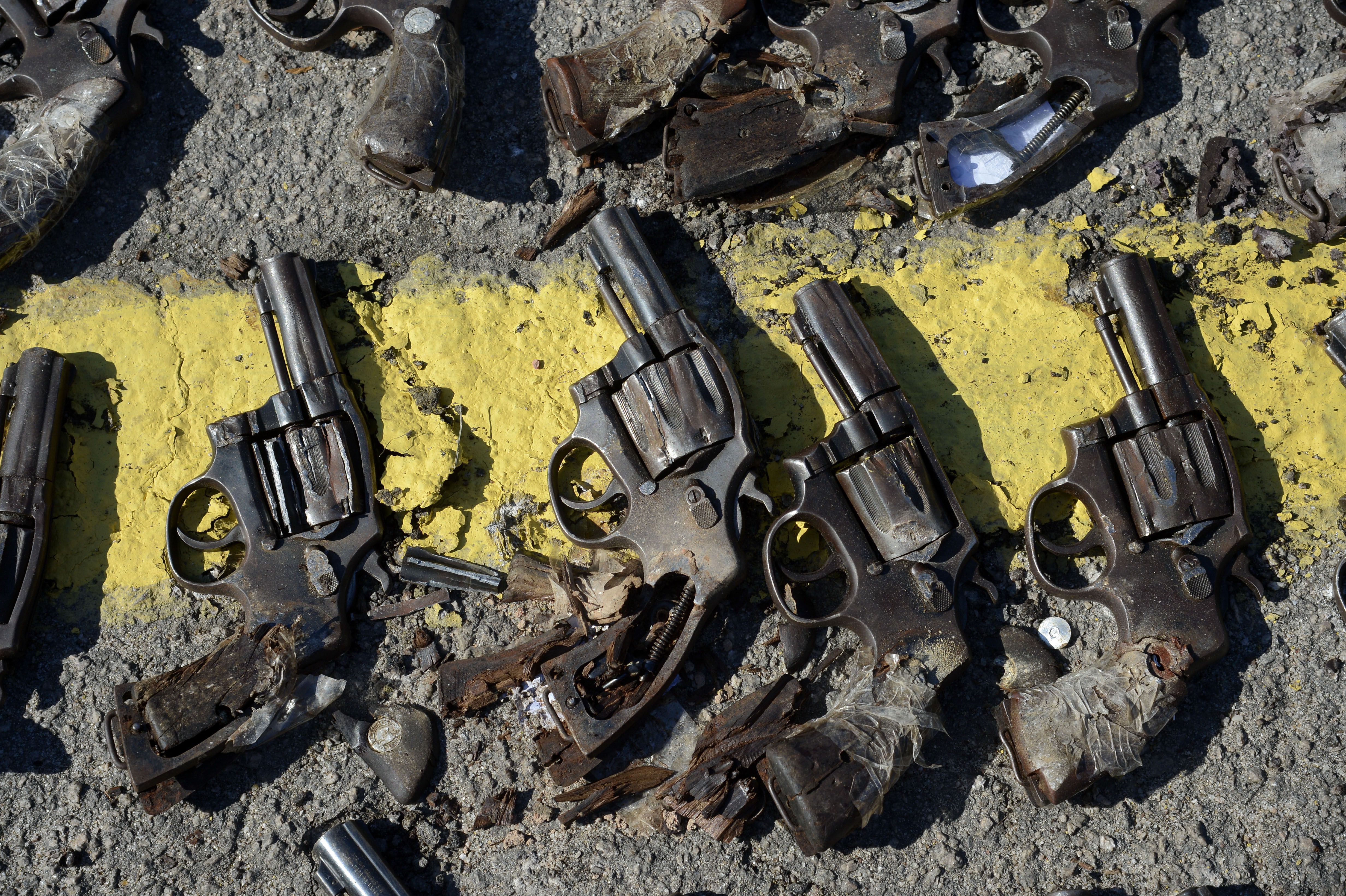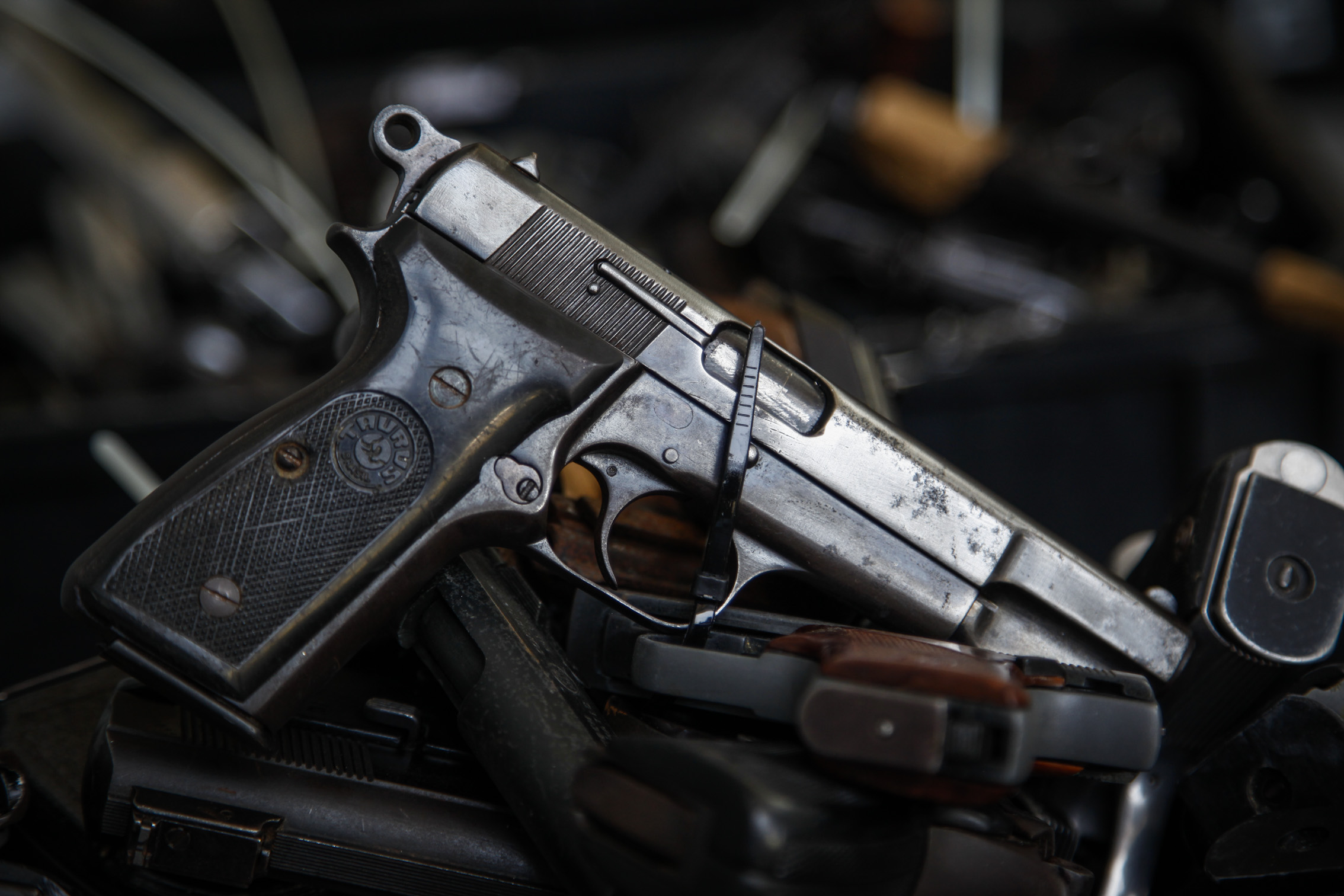In December 2003, Brazil passed the Disarmament Act (Law 10,826/2003), which created strict penalties for crimes such as illegal possession and trafficking of guns and established more restrictive rules for the purchase and possession of weapons and ammunition. The objective: to reduce the number of guns in circulation and rates of violence. At the time, the country had an average of 46,000 gun victims per year, which represented 11% of all firearm-related deaths in the world (the country had 2.8% of the global population).
Less than a month after the Act came into effect, the Brazilian Labor Party (PTB) filed an ADI (Direct Action of Unconstitutionality) in the Supreme Court challenging the constitutionality of the law and calling for its repeal. The party claimed that the Presidency of the Republic had usurped the powers of the Legislative branch and that the text violated the right to property and to self-defense.
Conectas, the Sou da Paz Institute and the Viva Rio organization were admitted to the case as amicus curiae. They defended that the federal government’s restriction on gun ownership is legitimate and does not constitute a usurpation of powers because it deals with an issue that requires uniformity among states and because it regulates the activity of the Federal Police on matters with interstate and international repercussions.
The organizations also argued that the Act addresses social concerns and represents a major achievement for peace and an end to violence. They said the large number of firearms in circulation in Brazil is closely related to murder rates and to organized crime, to the extent that Brazil is one of the countries with the highest number of firearms deaths in the world. According to the organizations, the average person who carries a gun is more likely to be a victim of murder and to commit a murder.
“Invoking the interest of being armed based on the right to life and safety (…) is a contradiction. Although intuitively one might think that guns increase safety and protect life, the facts demonstrate the opposite. Guns only enhance fatal outcomes to conflicts that necessarily exist within any community. Firearms not only reduce public safety, but they also increase the possibility that their owner – or those who live with them – become victims of the fatal violence that is inherent in them,” reads an excerpt from the brief presented by the organizations.
In May 2007, the Disarmament Act was declared constitutional by the Supreme Court. One of the main reasons for the decision was the recognition that the federal government has the authority to legislate on matters related to the right to life and security of the people. The ruling also considers that public security should be understood not only as a right of citizens, but also as a duty of the State.
Technical information:
Case: ADI-3112
Court: Supreme Court
Status: Court rules Disarmament Act constitutional
Procedure:
- 12/22/2003 – Enactment of the Disarmament Act
- 1/16/2004 – Initial petition
- 11/16/2006 – The three ADIs 3137, 3198 and 3263 are condensed into ADI-3112 as they address the same issue
- 5/2/2007 – Judgment

